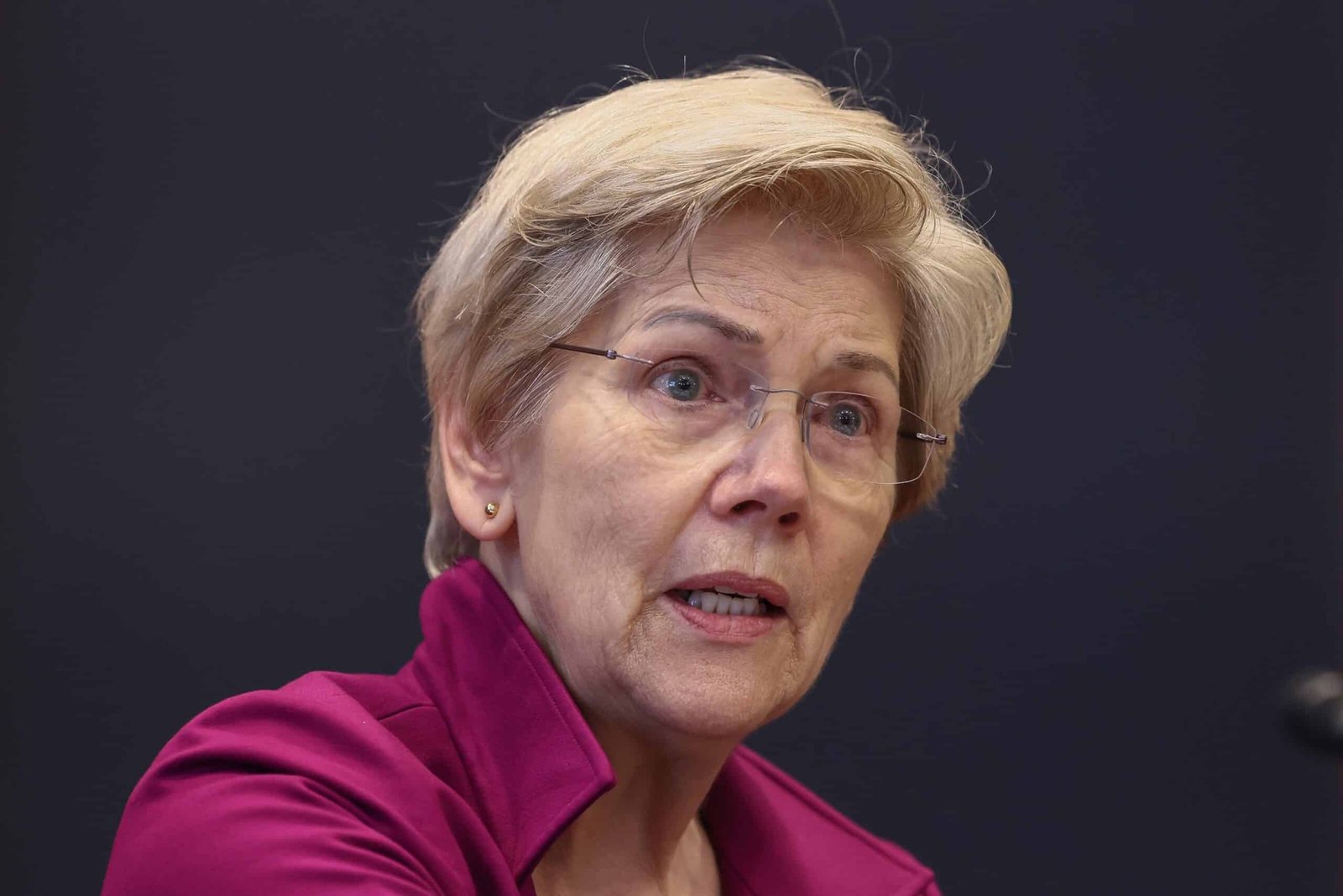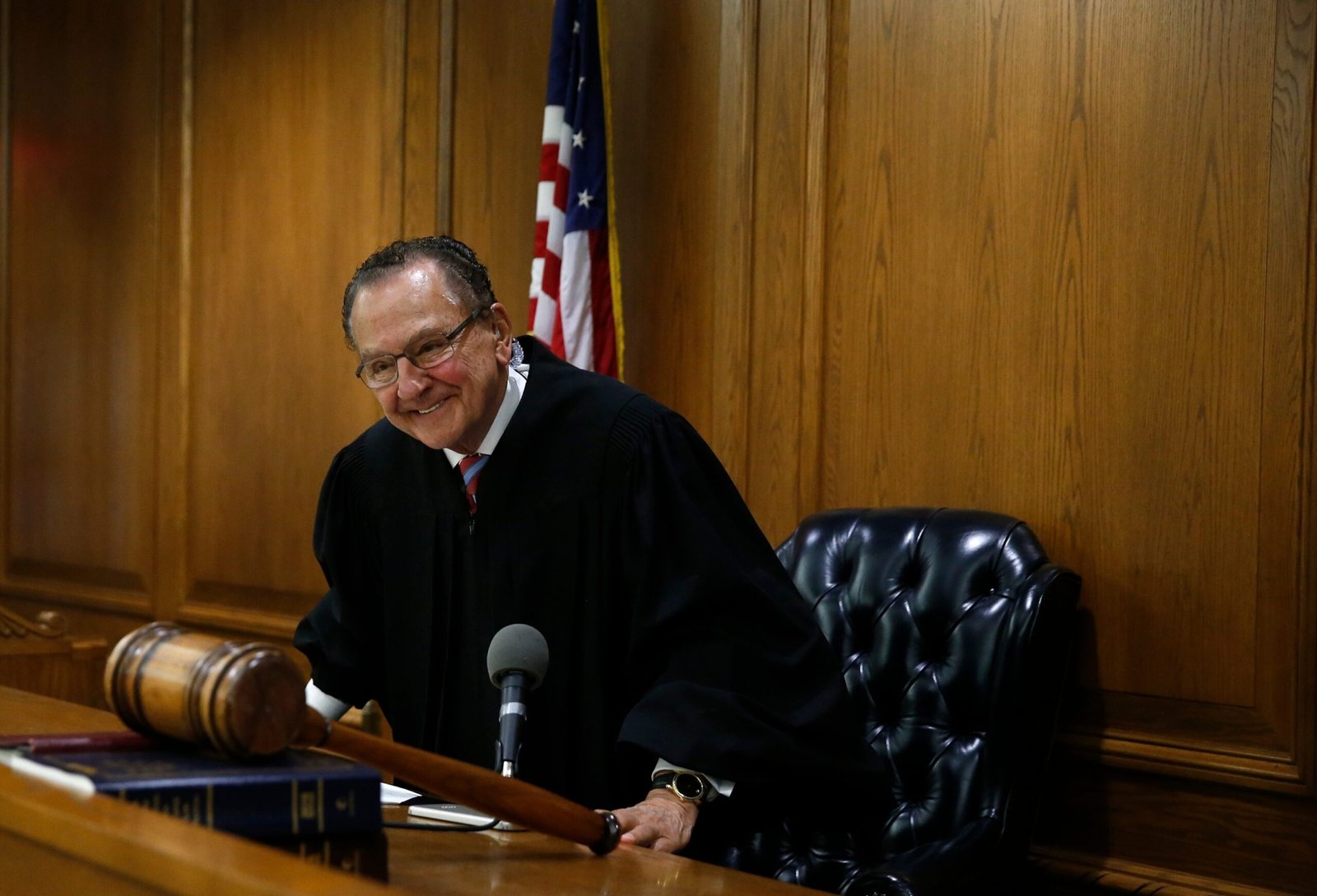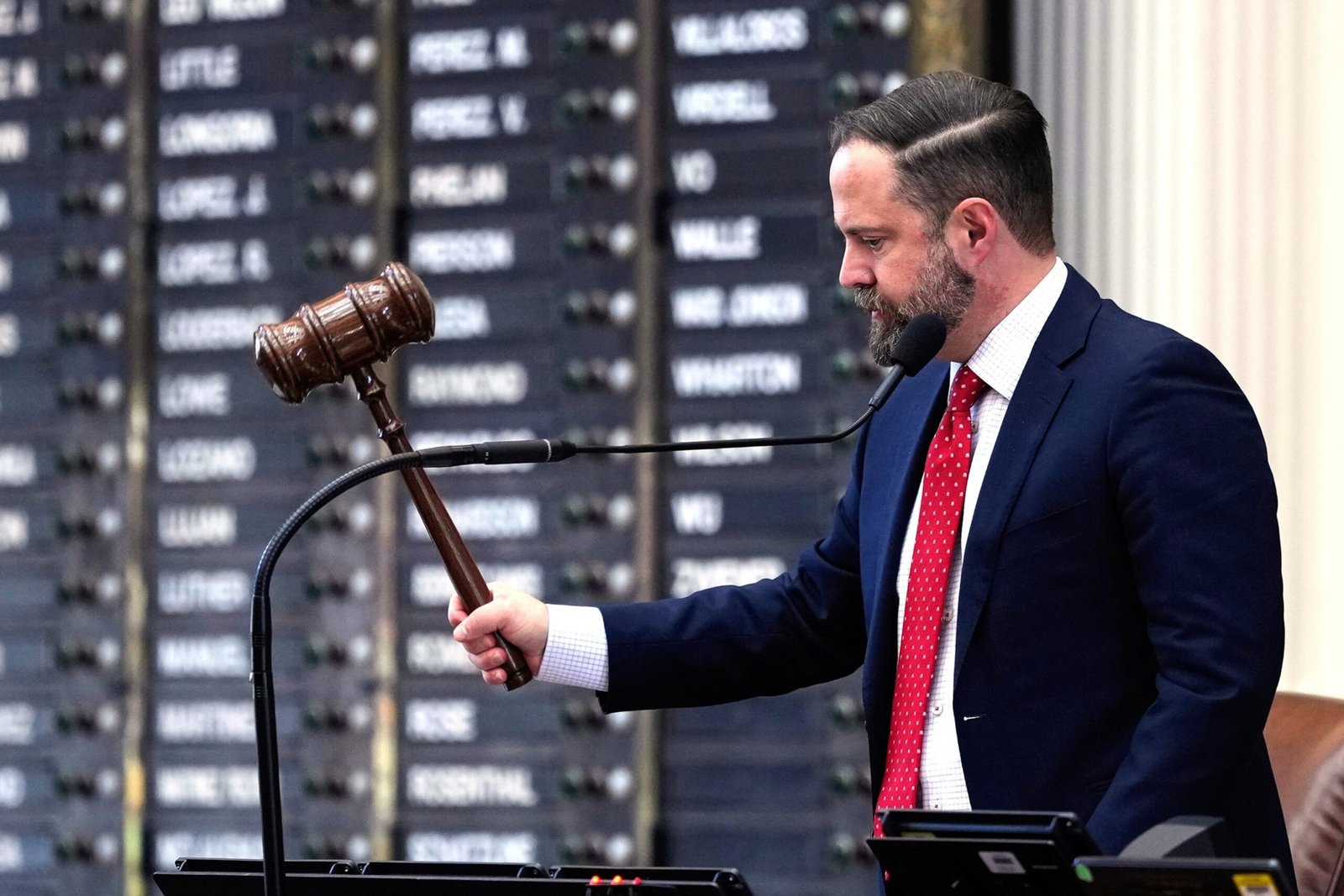The Senate voted 66-22 on Monday night to advance in Genius law, a bill that aims to regulate some cryptocurrencies.
The bill faced some democratic opposition in recent weeks about the cryptocurrency companies of President Donald Trump, but finally obtained the support of 16 Democrats, including Senator Cory Booker, Dn.J. and Senator Adam Schiff, D-Calif.
The measure backed by the industry establishes rules aimed at Stablecoins, a type of cryptocurrency linked to the value of another asset, often the US dollar.
The proponents praised the bill as a means to protect consumers and establish industry standards, which could allow such cryptographic currencies to become a conventional tool for digital payments and other financial instruments.
However, critics warned that the bill does not address conflict concerns exemplified by Trump, and runs the risk of endangering consumers and the economy in general with a weak set of rules.
“This prepares the scenario so that these assets become the mainstay,” Christian Catalini, founder of the MIT Cryptoeconomics Lab, told ABC News, which supports the measure, in a statement.
This is what you should know about Genius law and what it means to you.
What is the act of genius?
The Genius law refers to the emission and exchange of Stablecoins, a form of digital currency backed by another form of currency such as the US dollar or a product like gold.
Stablecoins are designed to be less volatile than other forms of cryptocurrency, which may experience large price changes and, in turn, raise difficulties for people who use them to facilitate a purchase or sale.
The bill establishes rules for Stablecoin issuers, including a mandate that companies have an asset reserve underlying cryptocurrencies. This stipulation aims to protect consumers, who otherwise do not risk a lack of collecting their holdings in case of a rapid and generalized discharge of currencies.
In a separate effort to safeguard consumers, the measure would require the emitters to grant priority to coins holders for reimbursement in case of bankruptcy. The measure also requires that the emitters comply with some rules against money laundering and anti -terrorist sanctions.

Senator Elizabeth Warren performs a special forum on the increase in the cost of education in the Dirksen Senate Office building, May 14, 2025 in Washington, DC
Countess Jemal/Getty images
What do supporters and critics about Genius law say?
The supporters of the Genius Law applaud the measure as a first effort to formalize a key segment of the cryptocurrency industry, offering safeguards for consumers, allowing entry for conventional financial companies and the growth of the digital currency market.
“This opens the gates,” said Catalini. “You will see the entry of many emitters. Consumers will have more options. This will bring more competition and innovation in payments.”
The new rules, Catalini added, remove the responsibility of consumers to discern between good and bad actors within the Stablecoin sector, instead of opening competition between companies based on the quality of their products.
“It becomes a game of who can offer better cases and characteristics of use to consumers and companies faster,” said Catalini.
Critics of the measure, however, say that it is equivalent to a set of weak regulations for the industry that do not adequately protect consumers and police from Stablecoins.
“While a strong draft Stablecoin is the best possible result, this weak bill is worse than any bill,” Senator Elizabeth Warren, D-Mass, said on Monday,,
Critics say that the deficiencies of the bill are exemplified by their inability to address the concerns of conflict of interests raised by Trump’s treatment in Stablecoins.
In March, the cryptographic firm backed by Trump World Liberty Financial issued a USD1 stablecoin. An ABU Dahbi -based investment firm earlier this month used the Stablcoin to make an investment of $ 2 billion in Binance cryptocurrencies, putting Trump’s company in a position to benefit from the agreement. Trump has denied having acted badly.
The bill presents a stipulation that “would prohibit any member of the Congress or a senior executive official of the executive branch of issuing a Stablecoin payment product during their time in the public service.”
Even so, Warren said, the measure inadequately protects the concerns raised by Trump’s company.
“This bill provides even more opportunities to reward buyers of Trump’s coins with favors such as tariff exemptions, pardons and government dates,” Warren added.




